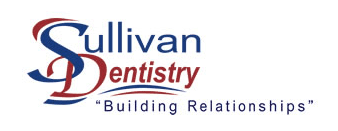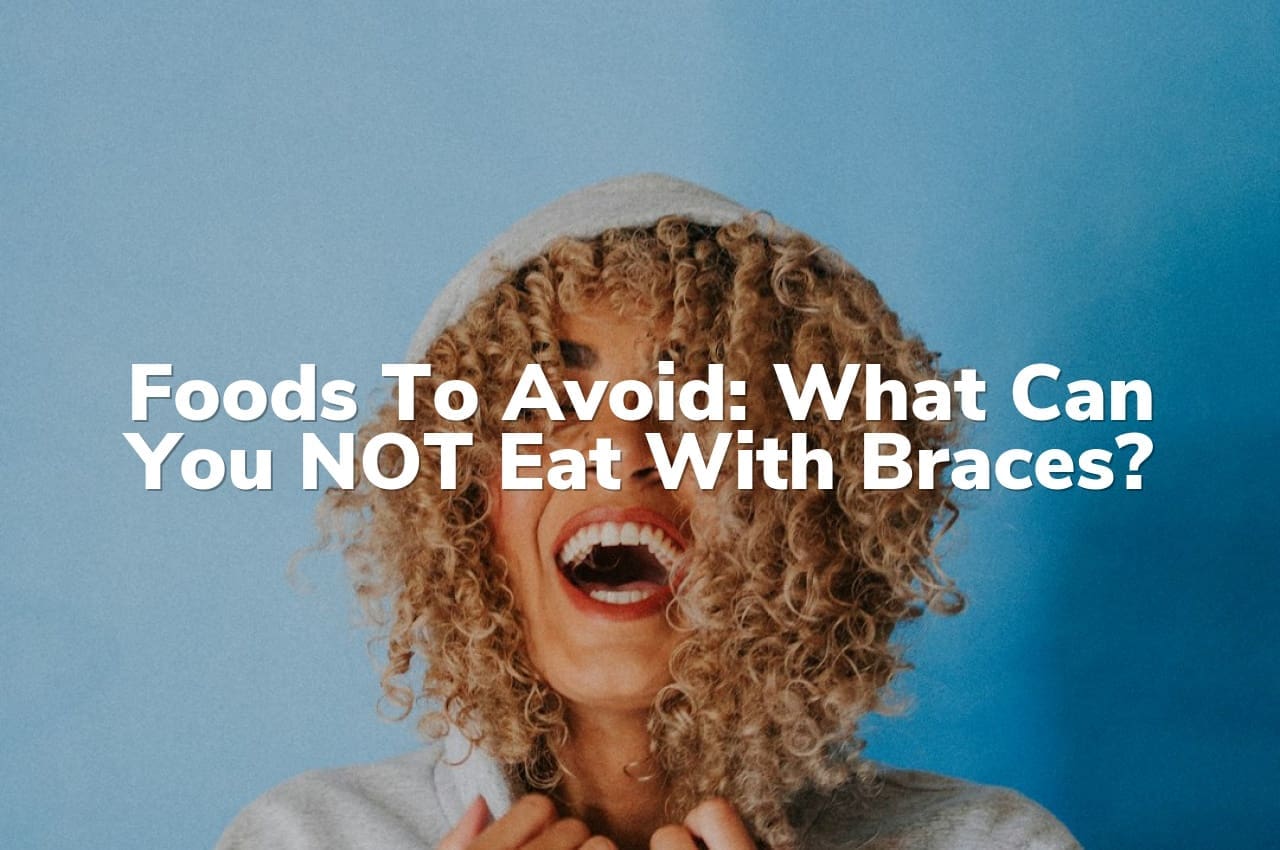Have you ever wondered what foods you should avoid while wearing braces? Certain foods can damage braces or exacerbate discomfort, so it’s important to steer clear of hard, sticky, and overly chewy foods. Generally, avoiding these types of foods can help maintain the integrity of your braces and support your orthodontic treatment.
Soft Foods for Pain-Free Eating
When you first get braces, or after a tightening appointment, your teeth and gums might feel particularly sensitive. During these times, choosing the right foods can make a significant difference in your comfort level. Soft foods are ideal because they require less pressure during chewing, reducing the strain on your teeth and gums. Options like yogurt, smoothies, mashed potatoes, and oatmeal not only provide nourishment but also ensure that eating doesn’t become a painful task. These foods help in maintaining adequate nutrition, which is crucial for the health of your teeth and gums during orthodontic treatment.
Understanding the financial aspect of braces is equally important as managing pain and dietary changes. For detailed insights into what you might expect to spend on your child’s braces, consider reading our article on How Much Do Braces Cost for Kids?. This guide will help you navigate the costs associated with orthodontic care and ensure you are prepared financially for this important investment in your child’s dental health.
Braces-Friendly Breakfast Options
When considering breakfast options for those with braces, it’s essential to focus on foods that are gentle and easy to chew. Soft fruits like bananas or berries can be a good start to the day, providing essential nutrients without risking damage to braces. Similarly, oatmeal or well-cooked scrambled eggs are excellent choices as they require minimal chewing and are less likely to stick to dental hardware.
For individuals with braces looking for comprehensive dental care, consider visiting [Mukwonago’s Choice for Traditional Braces](/service/traditional-braces/). This facility is known for its expertise in managing and caring for traditional braces, ensuring a comfortable and effective treatment journey.
Easy-to-Chew Lunch Ideas
When considering lunch options that are suitable for those with braces, it’s important to focus on meals that are gentle on dental hardware. Soft textures are generally preferred as they require less force during chewing, which can be beneficial for the maintenance and comfort of braces. Foods that naturally break down easily in the mouth without needing significant biting force can be considered. These might include various cooked dishes where ingredients are tender and easily consumable.
Dinner Meals That Avoid Discomfort
When wearing braces, selecting the right dinner meals can significantly impact your comfort. It’s generally wise to choose dishes that are soft and easy to chew. Meals such as gently cooked vegetables, tender proteins like fish or tofu, and smooth grain dishes like mashed potatoes or soft-cooked rice can be suitable choices. These types of foods minimize the risk of discomfort and help avoid damage to the braces.
For more information on dental care with braces, consider visiting Mukwonago Dentist at Sullivan Dentistry.
Snacks Safe for Braces Wearers
When wearing braces, choosing snacks that won’t compromise the brackets or wires is crucial. Generally, soft foods that require minimal chewing pressure are considered safer options. These might include items that are naturally tender and easy to consume without needing significant bite force. It’s important for individuals with braces to be mindful of their snack choices to maintain the integrity of their orthodontic appliances.
Conclusion
For further inquiries, feel free to call us at 262-363-4114 or read our reviews on Google Maps.

